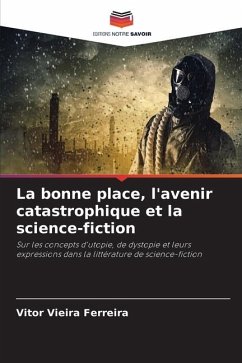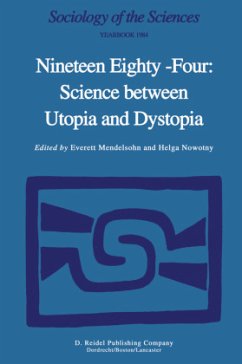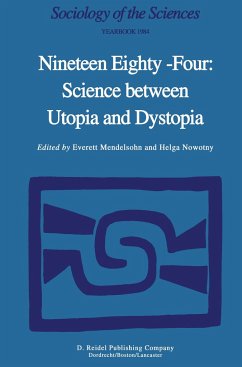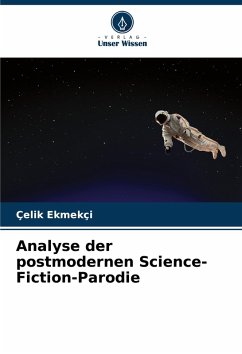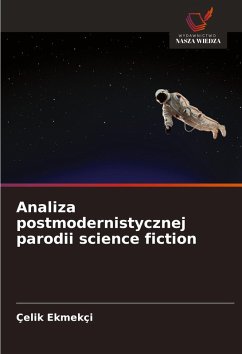
The good place, the catastrophic future and Science Fiction
On the concepts of utopia, dystopia and their expressions in sci-fi literature
Versandkostenfrei!
Versandfertig in 6-10 Tagen
43,99 €
inkl. MwSt.

PAYBACK Punkte
22 °P sammeln!
Dystopian science fiction narratives are a relatively recent literary phenomenon and their growing consumption can be seen here in Brazil and elsewhere in the world without too much difficulty. This type of literature invites us to reflect on the future of humanity in a world where scientific and technological knowledge is progressing in ever shorter time intervals. But in addition to reflecting on our anxieties and fears about the times to come, we are also invited to discover the historical path of CF, as well as the dialog it has established over time with utopian texts, whose tradition was...
Dystopian science fiction narratives are a relatively recent literary phenomenon and their growing consumption can be seen here in Brazil and elsewhere in the world without too much difficulty. This type of literature invites us to reflect on the future of humanity in a world where scientific and technological knowledge is progressing in ever shorter time intervals. But in addition to reflecting on our anxieties and fears about the times to come, we are also invited to discover the historical path of CF, as well as the dialog it has established over time with utopian texts, whose tradition was formally initiated by Thomas Morus and his greatest work "Utopia". Looking at the concept of utopia is essential if we are to understand how the "good place" gradually gave way to the catastrophic future that is represented in fiction to this day. This paper is the result of research into the concepts of utopia and dystopia and the relationship that the science fiction genre establishes with both.





